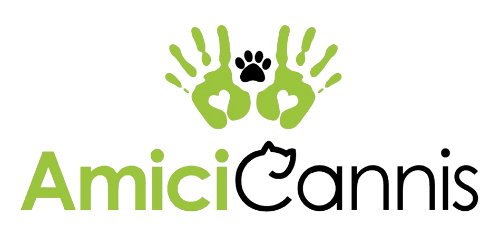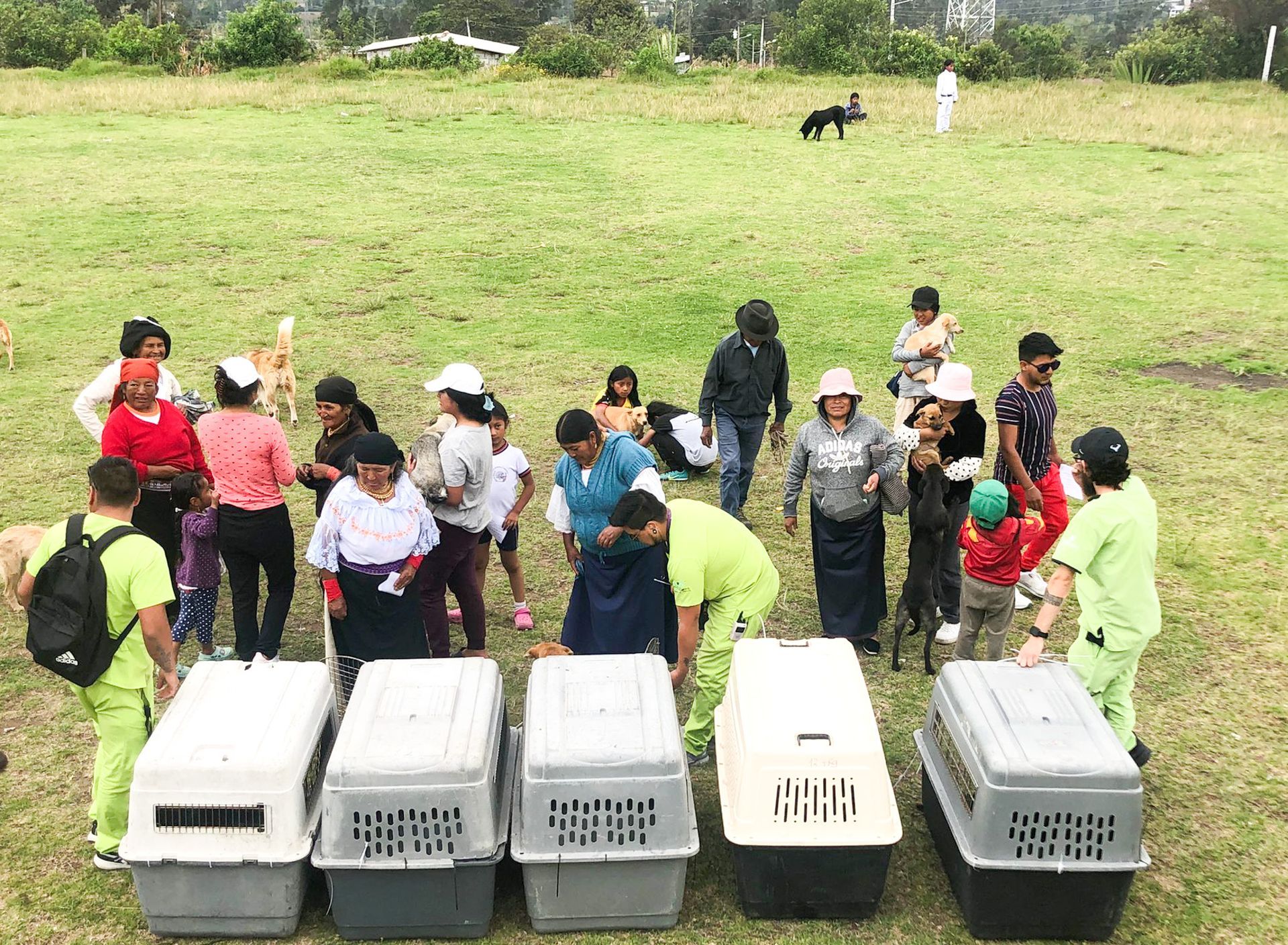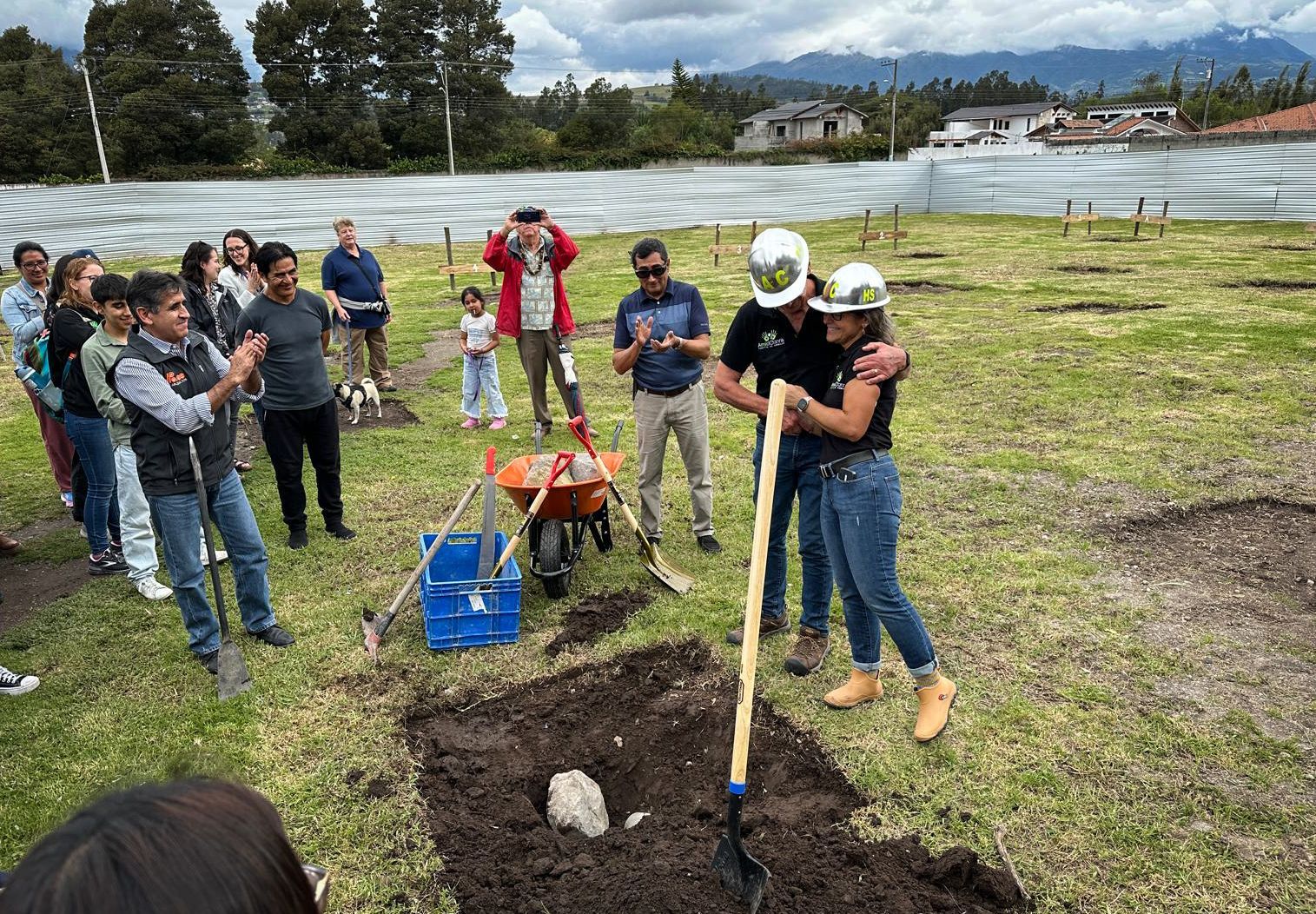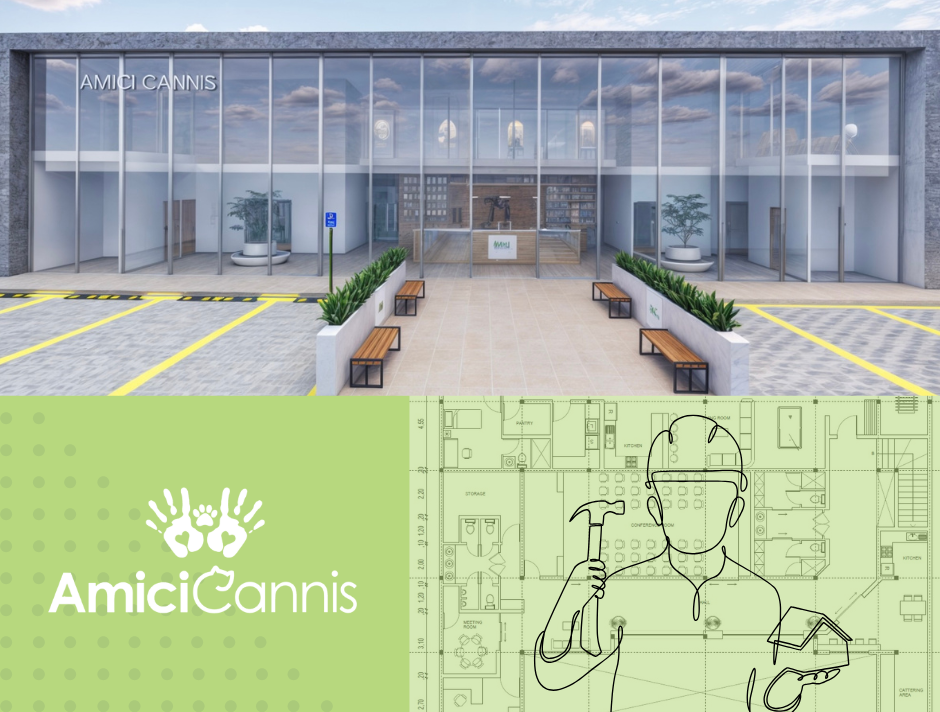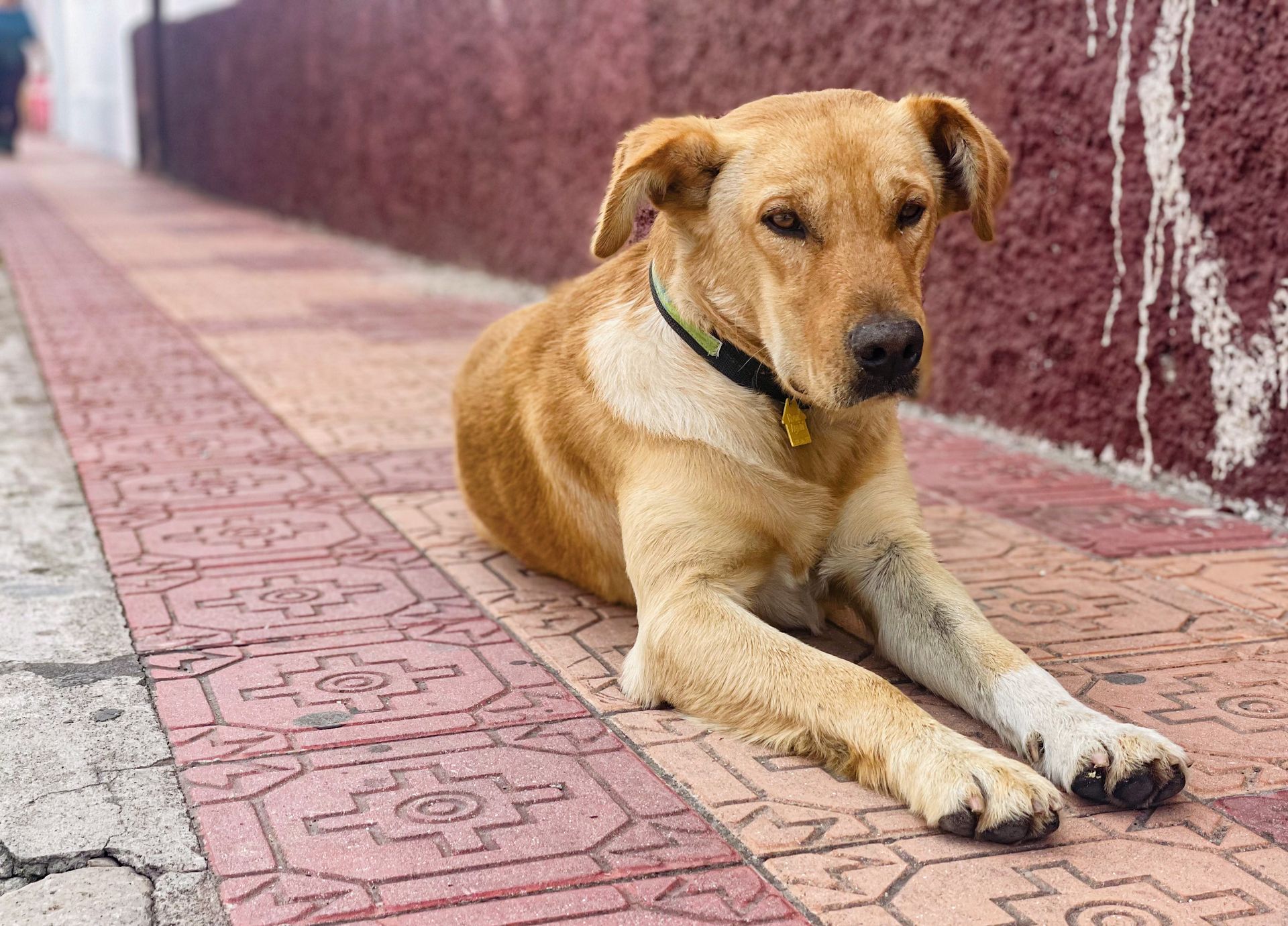A Journey with Amici Cannis
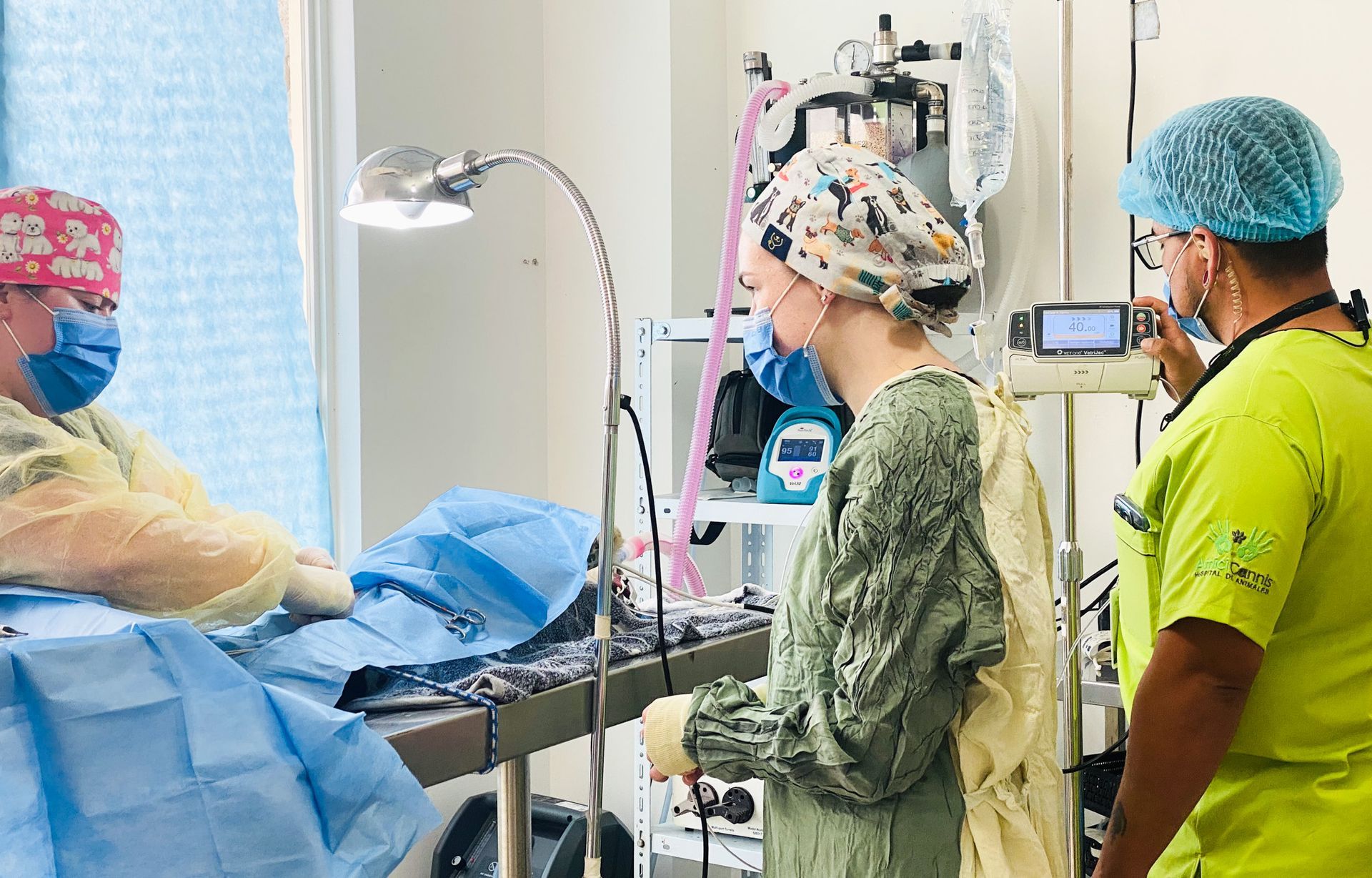
Tufts veterinary students share what they learned at Amici Cannis.
The Amici Cannis Externship Program is a 2-week opportunity for veterinary students to experience hands-on surgical training and medical case handling.
With the model we have with the Cummings School of Veterinary Medicine – Tufts University, externs are partnered with Tufts Volunteer Veterinary Alumni, who are part of the integral training and mentorship of the veterinary student during the first week.
Amici Cannis asked students to share their thoughts about their experience working alongside our team in Ecuador.
Melissa Mello, DVM Candidate, Class of 2024
How do limited resources impact patient care and treatment options?
I came into this experience expecting to have some limited resources, but nothing truly prepared me for the exceptional job Amici Canis does with the supplies they have.
There were a few medications we were looking for during the treatment of a dog who came in for suspected anaphylaxis. Having limited options pushed me to think outside the box and collaborate even more with my colleagues to find suitable solutions to help these animals. I have a new appreciation for the access to pharmaceuticals available in the United States.
This experience gave me a new perspective and a well-rounded approach to cases. I truly think we made a positive impact on the lives of animals and the communities who care for them.
Abby Cashel, DVM Candidate, Class of 2024
One recommendation for future veterinary alumni or students doing an externship with Amici Cannis?
One recommendation that I would have for future veterinary alumni or students doing an externship with Amici Cannis is to have an open mind!
Whether it be trying new high-volume surgical techniques, utilizing a new treatment plan for a disease, or communicating with clients in a new language, I grew as a future veterinarian by stepping out of my comfort zone. The staff at Amici Cannis are all very well-trained and knowledgeable, and I learned so much by asking them questions. Some of the cases seen at the hospital during my externship were new to me, such as distemper and scorpion bites. The perspective of the veterinary staff was extremely helpful when discussing treatment plans and prognoses.
Also, the Amici Cannis team was very receptive to ideas shared by veterinary students and alumni, which fostered a supportive and collaborative learning environment. For example, a patient arrived with porcupine quills in the face and neck, a common emergency in the United States but less common in Ecuador. The veterinarians at Amici Cannis trusted us with a sedation and treatment plan knowing we had treated similar cases at the Tufts emergency room. It was a gratifying experience because it was one of the first externships where I was trusted as a future doctor to make independent decisions.
Claire Brunner, DVM Candidate, Class of 2024
How would you describe the relationship between the people in the communities you visited in Ecuador and their dogs and cats?
I think there is a common misconception that because there is a large population of street dogs in Ecuador people do not care about animals.
I have found this to be untrue after witnessing the care that community members have shown for their animals. Many people simply do not have access to the knowledge or resources they need to take care of their animals and many people are struggling to even take care of themselves and their families.
When equipped with the tools to provide care for their animals, I have seen people go above and beyond.
Sarah Langfitt, DVM Candidate, Class of 2024
How do limited resources impact patient care and treatment options?
The team at Amici Cannis’ hospital are aware of their limitations and the limitations of their clients. What accompanies that awareness is a stalwart "can-do" attitude.
For me, the story of Flocky exemplifies this well. Flocky is a gentle giant, a brindle street dog who came into the hospital with a limp. Bone was protruding from infected and necrotic wounds on his toes and on both hind limbs. There was a part of me that couldn't imagine how you could possibly treat without amputating the affected toes. With limited resources for surgery and recovery, the team decided on a different approach to help the dog heal. Flocky's bandage changes became a routine at the end of our day, providing a jumping-off point for discussions about wound management including the benefits of manuka honey vs regular organic honey (the former not being readily available in Cotacachi while the latter was).
We began to see Flocky's toes heal before our eyes. It was enlightening to see that in the face of limited resources, approach to treatment might look different, but it can achieve the same goals. Amici Cannis sets a different standard: that care be accessible to everyone, not just those who can afford it.
